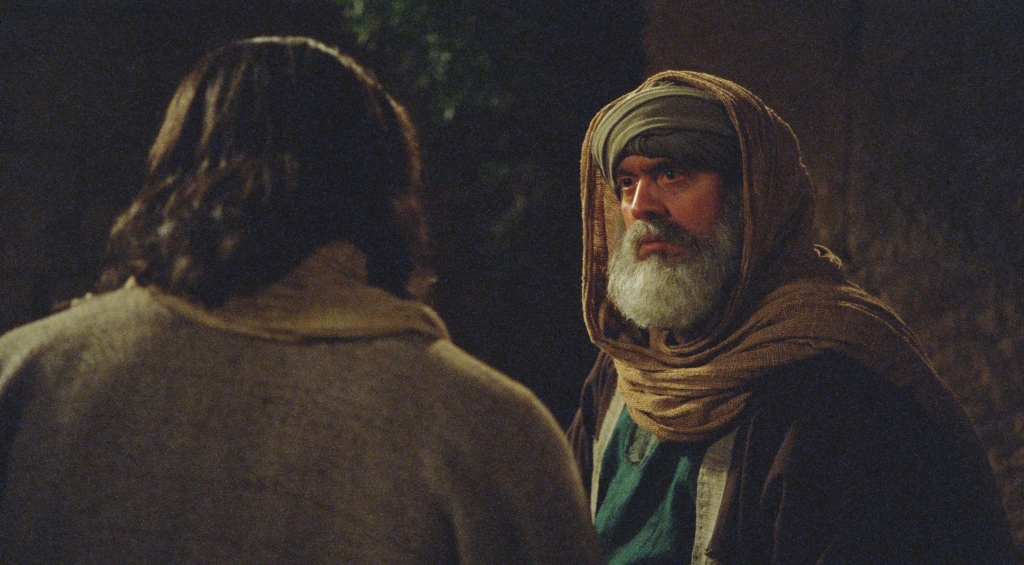

The Conversation of a Lifetime
‘He came to Jesus at night and said, “Rabbi, we know that you are a teacher who has come from God. For no one could perform the signs you are doing if God were not with him.”
Jesus replied, “Very truly I tell you, no one can see the kingdom of God unless they are born again. ”
“How can someone be born when they are old?” Nicodemus asked. “Surely they cannot enter a second time into their mother’s womb to be born!”’
John 3:2-4
The man who was certain of everything is suddenly uncertain. The man who had control over his world is suddenly finding things beyond his control. The man who had it all figured out has his brain turned in figure 8’s.
Jesus reply to him, says in effect, “There is a reason you cannot figure this out Nic. You cannot see the Kingdom because you are not in it. You are not a part of it.” Nic who has all the best of spiritual pedigree does not have an adequate faith to see or enter or be a part of the Kingdom of God. He must be born again. He must be born from above.
His spiritual status, his Jewish nationality, his conformity to the law … his knowledge, his understanding, his prestigious religious role as noted in v. 10 … none of this is good enough. But he has no other spiritual card he can play. All human effort is never going to be enough. But all he’s got is who he is and what he is and Jesus says, that’s not enough. You must be born again.
Nic, like all of his generation, is looking for the Kingdom of God on earth. They want David’s throne restored and the Roman’s thrown out, and this great theocratic realm set up. But the Kingdom of God is not about a realm, it’s about a reign. It is the rule and reign of Jesus Christ in the human heart. A reborn heart, a new born life, born from above by the Spirit of God. It’s not about rebirthing a nation. It’s about building a Kingdom.
Nic learned that evening and we must learn anew: that you cannot buy or serve or work your way into the Kingdom of heaven. You cannot sacrifice, flatter or ingratiate your way into the kingdom of heaven. You can not beg, plead, pose your way in or reason, argue or debate your way in. You cannot moralize, theorize or rationalize your way in.
Jesus doesn’t care if you’ve got all the credentials of a Nic, or how religious you are, or how spiritual you seem, or what status you have or what degrees you hold: there is only one door-faith; there is only one means-grace; there is only one way-Jesus Christ; and there is only one outcome-eternal life.
…you never know (1) what will come of an everyday conversation. At the end of John’s gospel we find Nic at the foot of the cross, a fearless follower of Jesus who defies the Sanhedrin and identifies with fully with Christ. But he doesn’t get there if this conversation doesn’t happen in John 3.